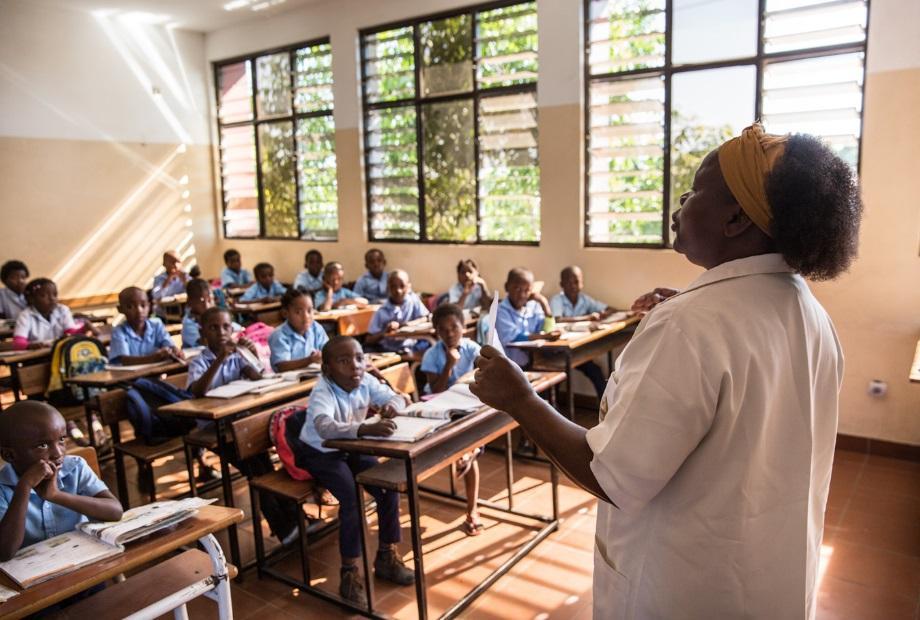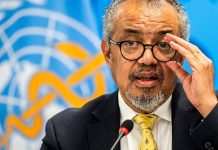Africa-Press – Mozambique. Mozambique’s young and rapidly growing population is expected to reach 50 million in less than two decades. Expanding the size of Mozambique’s teaching force and improving the quality of teaching will be vital to ensuring learning opportunities and outcomes for Mozambique ́s children, now and in the future.
“Investing in the quality of teaching is one of the most powerful choices Mozambique can make in its education sector,” says Germany’s Ambassador to Mozambique, Ronald Münch.
Mozambique has made good progress in the education sector, reflected in a significant rise in primary school enrolment over the past decade. However, the quality of learning has yet to match this improvement. Poor school conditions, a lack of an adequate number of teachers, and overcrowded classrooms all contribute to this scenario.
The challenges
According to UNICEF, an average primary school classroom has 60 students per teacher – three times the ideal ratio. Teachers are absent for nearly half of the time in a given school year, resulting in just one hour and 40 minutes of teaching time per day. Adding to this, only one percent of primary school teachers have the minimum expected knowledge, shows a 2014 World Bank survey.
As a result, Mozambique has one of the highest illiteracy rates in the region, at 39%, with wide geographical and gender disparities. Over half of the students never complete their primary education, and among those who do, nearly two-thirds leave school without basic reading, writing, and maths skills.
Looking ahead
Expanding the teaching force and increasing the quality of teaching requires a multi-pronged approach. It involves building more classrooms, improving school facilities, and equipping teachers with adequate teaching materials. It also entails massively increasing the number of teachers, improving their training, and strengthening school management and the education sector as a whole.
To address these challenges and support the Mozambican Government in shaping the education sector for the country’s needs, the German Development Cooperation and its partners work together through different mechanisms, such as FASE (Education Sector Support Fund) as well as the Team Europe Initiative e-Youth, that pools together over 150 projects by the European Union and its Member-States with a budget of 812 million Euros.
“Improvements [in teaching and school conditions] will be reflected in the ability of students to transition to secondary school,” says Alexandre Filipe Senda, Director of Unidade 30 School in Maputo, a primary school renovated in recent years with support from Germany. “We are raising future technicians, ministers, and professionals,” he adds.
Preparing a robust teaching force
Through the FASE mechanism, German Development Cooperation and its partners finance construction and rehabilitation measures in Mozambique’s education sector, including schools affected by cyclone Idai in Sofala, to address the shortage of adequately equipped classrooms throughout the country. To improve retention and literacy levels, Germany and its partners support Mozambique in strengthening the education system, training teachers, and improving the quality of teaching.
“Reaping the benefits of Mozambique’s demographic dividend requires equipping children and youth with quality education and skills. Teachers are the very core of this,” – the Ambassador adds.
Germany and its development partners stand firm in supporting the Government of Mozambique to prepare a robust teaching force that can educate the next generation, ensuring that today’s children and youth reach their full potential to lead the country’s socioeconomic transformation.
For More News And Analysis About Mozambique Follow Africa-Press






